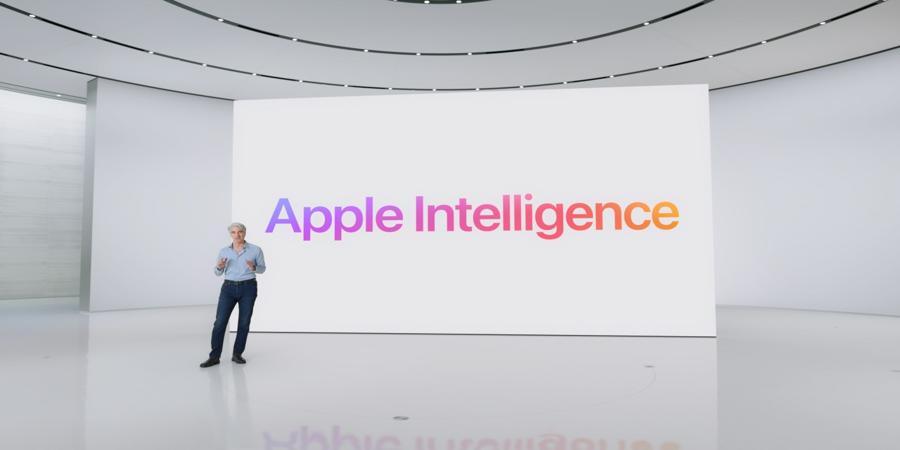Apple’s upcoming “It’s Glowtime” event, set to take place tomorrow, has generated significant buzz in the tech world. One of the most anticipated features is the introduction of Apple Intelligence, the company’s foray into the world of artificial intelligence. Analysts have predicted that this feature could potentially spark a “supercycle” for the iPhone 16, with holdouts upgrading their devices to take advantage of the new AI capabilities.
However, a closer look at Apple’s plans for AI integration suggests that the company’s approach may be more measured than initially thought. While the iPhone 15 Pro and Pro Max are currently the only devices cleared to run Apple Intelligence, the rollout is expected to be slow and staggered. This could significantly impact the potential for a supercycle, as some analysts believe that a more gradual rollout could ultimately benefit Apple’s bottom line in the long run.
Apple’s focus on user experience is evident in its approach to AI, with the company opting to train AI models on smaller, more manageable datasets. This is in stark contrast to competitors like Google and OpenAI, which have made massive investments in AI research. Apple’s foray into generative AI is designed to improve existing user experiences, rather than launching a bold new initiative.
Despite the delays and regional limitations, Apple Intelligence is expected to make a significant impact on the company’s future plans. With rumors suggesting that the base models of the iPhone 16 will receive A18 chips, while the Pros will boast A18 Pros, the new AI capabilities will likely be integrated across the board. While the potential for supercycle sales is certainly exciting, it’s essential to consider the long-term implications of a rushed rollout.
Rushing Apple Intelligence to market too quickly could have unintended consequences on the company’s financial performance. As Bloomberg notes, the feature is unlikely to be fully realized until 2025, meaning that any early hiccups could impact the company’s Q4 financials. With the iPhone 16 set to debut tomorrow, the tech world will be watching closely to see how Apple’s approach to AI integration pans out. Will the company’s measured approach pay off, or will the delays significantly impact the device’s potential for success? Only time will tell.



